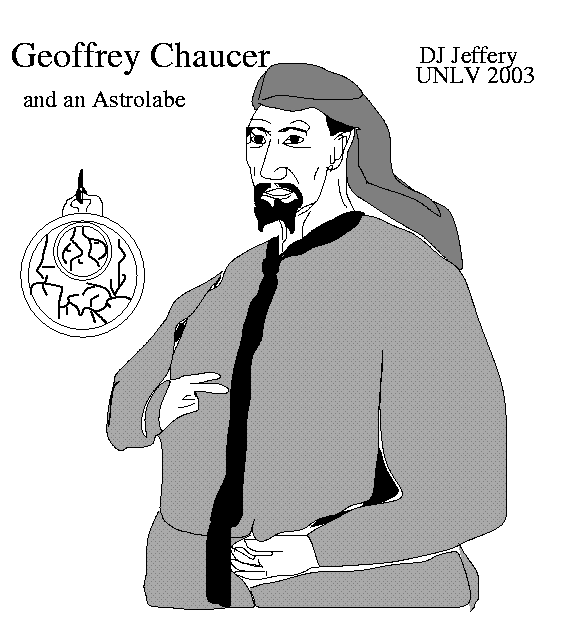
And I'm not in bad company. For example, as Robert Byron reports in The Road to Oxiana though rough traveling through Iran and Afganistan in the 1930s, reveling in the wonders natural and human-made of the Middle-East when he'd run out of Charlie Chan novels and was down to Thucydides, the going got really bad. This just goes to show that traveling in no matter what circumstances is filled with lots of waiting for the bus or donkey cart.
Now Sayers: I admire her style, her humor, her characterization---at her best she just writes so darn well. The plots of her Wimsey stories are sometimes farfetched, but it's the decor we like. Wimsey himself is unlikely. The professional amateur dedective after 1900 or even years before is not very realistic. Would they have had the authority or the nerve. Investigative journalists are probably more like these entities than anything else. But Sayers works at verisimilitude: Lord Peter Wimsey, son of a duke, of a family as old as the Conquest, master of almost any skill needed---but it is plausible that an intelligent aristocrat, with connections in military intelligence would be indulged by police forces. And it is probably true---certainly true---that police sometimes have unofficial agents: these range probably from informers to captains of industry depending on the nature of the investigation. Wimsey's position may have been unique, but not impossible. What is impossible is that he always succeeds, but that's an unfortunate convention of the genre.
But one thing more has to be said about Sayers. We are all in our own box. Our successors may sniff at our barbarity: hopefully they will be reasonably forgiving: we can't hope to escape condescension. About Sayers: her touches of antisemitism gall. It's not unrealistic that her characters should show some of it---in her days in the Kreisung of her characters it would not have been out of place nor called down thunder---I've heard enough of its unthinking malignity myself in my days. But Wimsey is supposed to be a paragon. What is worse, is that Sayers seems to have made a point of having some antisemitic caricature or crack in every Wimsey story. Is hinting to other that she is one of them? What is the fault in decent people that lets them say these things? Shaw said it was a failure of imagination: they say they are murdered or die of neglect, but since we don't see it, we do nothing. Television has in fact made a profound difference, but now dysinformation on the web has reversed things.
Works